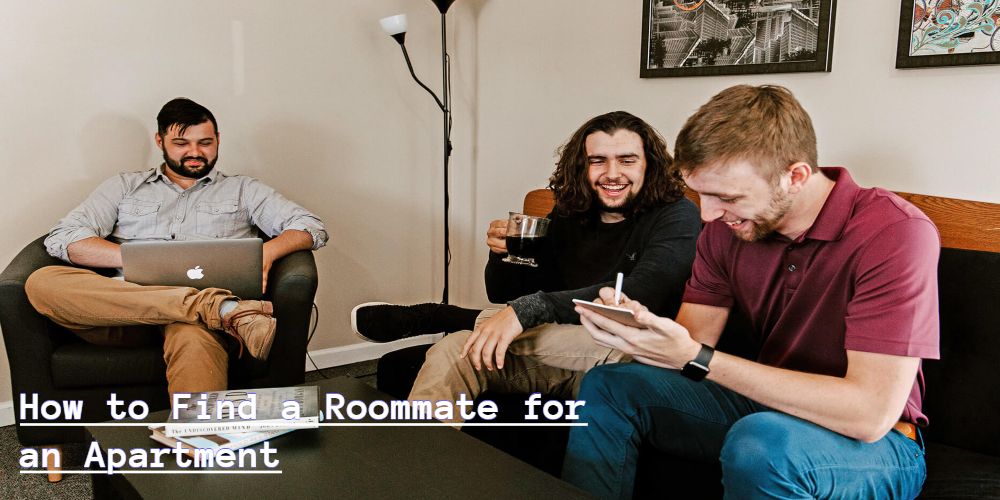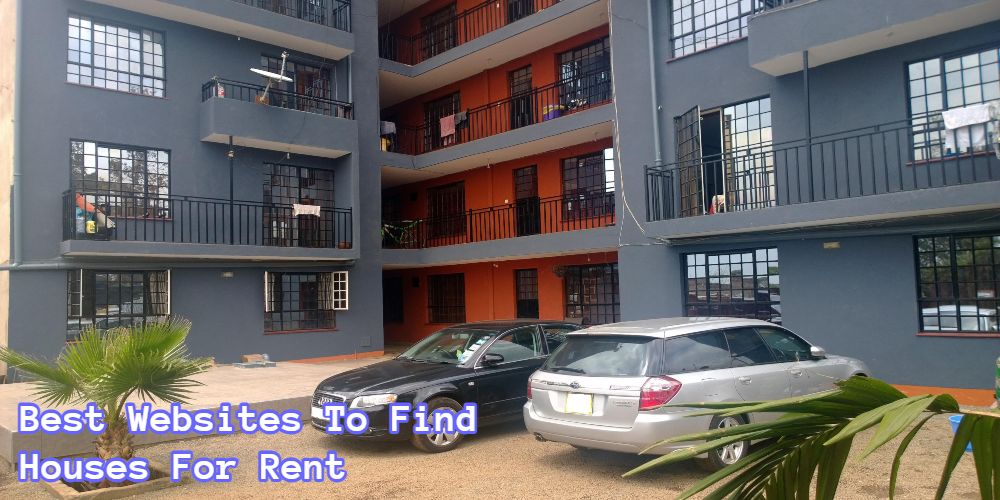Last Updated on March 18, 2024 by Kelvin Nielsen
If you’re a tenant in Colorado, you have certain rights and protections under the law. However, navigating the legal system can be overwhelming and intimidating, especially if you’re facing eviction or other difficult situations.
Fortunately, there are resources available to help you understand your rights and get the legal assistance you need.

There are several organizations that offer free legal service to distressed tenants, including the Colorado Legal Services and the Colorado Poverty Law Project.
These organizations can provide advice and representation in a variety of areas. Including, landlord-tenant disputes, eviction proceedings, and discrimination cases. If you’re struggling with a legal issue as a tenant, seeking out free legal advice can be a crucial step in protecting your rights and finding a resolution.
Related Posts:
- How to Sue Your Landlord in Colorado
- Can a Landlord Enter Without Permission in Colorado?
- Tenant Rights Hotline
Understanding Tenant Rights in Colorado
As a tenant in Colorado, it is important to understand your legal rights. This section will provide an overview of Colorado housing laws, eviction processes, tenant protections, and discrimination and fair housing laws.
Colorado Housing Laws
Colorado law regulates the relationship between landlords and tenants. The Colorado warranty of habitability requires landlords to provide safe and habitable housing. Landlords are responsible for maintaining the property and making necessary repairs.
Eviction Process and Tenant Protections
If a landlord wants to evict a tenant, they must follow the legal eviction process in Colorado. Tenants have the right to receive written notice of the eviction and the reason for it. In some cases, tenants may be able to contest the eviction in court.
Colorado law also provides protections for tenants against retaliation. Landlords cannot evict tenants for exercising their legal rights or reporting housing code violations.
Discrimination and Fair Housing
Colorado law prohibits discrimination based on race, color, religion, national origin, sex, familial status, and disability. This includes discrimination in housing and rental practices.
If you believe you have been discriminated against, you can file a complaint with the Colorado Civil Rights Division.
Related Posts:
Legal Resources for Tenants
If you are a tenant in Colorado and need legal advice, there are several resources available to you. Here are some of the most helpful legal resources for tenants in Colorado:
Colorado Legal Services
Colorado Legal Services is a non-profit organization that provides free legal assistance to low-income individuals and families. They offer a range of services, including legal advice, representation, and education. If you are a tenant in Colorado and need legal assistance, Colorado Legal Services may be able to help.
Pro Bono Legal Clinics
Pro Bono Legal Clinics are another resource available to tenants in Colorado. These clinics are staffed by volunteer attorneys who provide free legal advice and assistance to low-income individuals. If you need legal advice or assistance, a Pro Bono Legal Clinic may be able to help.
Colorado Poverty Law Project
The Colorado Poverty Law Project is a non-profit organization that provides legal assistance to low-income individuals and families. They offer a range of services, including legal advice, representation, and education.
If you are a tenant in Colorado and need legal assistance, the Colorado Poverty Law Project may be able to help.
Related Posts:
- Uninhabitable Living Conditions in Colorado
- Colorado Eviction Laws for Family Members
- 3-Day Eviction Notice Colorado
Navigating the Court System
If you are facing a legal issue with your landlord, navigating the court system can be a daunting task. However, with the right information and guidance, you can successfully navigate the court system in Colorado.
Here are some important things to keep in mind when filing a complaint, responding to an eviction notice, and going through county court procedures.
Filing a Complaint
To file a complaint against your landlord, you need to go to the county court where the property is located. You will need to fill out a complaint form and pay a filing fee.
The complaint should include specific details about the issue you are facing, such as the reason for the complaint, the date the issue started, and any evidence you have to support your claim.
Responding to an Eviction Notice
If you receive an eviction notice from your landlord, you have a limited amount of time to respond. It is important to understand the notice requirements and respond accordingly.
You can either contest the eviction or move out of the property. If you choose to contest the eviction, you will need to file an answer with the court and attend a hearing.
County Court Procedures
When you file a complaint or respond to an eviction notice, you will need to follow specific county court procedures. These procedures can vary depending on the county, so it is important to check with your local court for specific instructions.
Generally, you will need to attend a hearing where you will present your case to a judge. The judge will then make a decision based on the evidence presented.
Related Posts:
- What is an Illegal Eviction in Colorado?
- Colorado Landlord Responsibilities
- What a Landlord Cannot Do in Colorado
Rental Assistance and Support

Financial Aid for Low-Income Renters
If you are a low-income renter in Colorado struggling to make rent payments, there are financial aid options available to you. Colorado Housing Connects is a great resource to find rental assistance programs.
They offer a list of programs and organizations that can help you pay rent and utilities. Some of the programs are income-based, while others are based on specific circumstances like lease violations, health, and safety concerns.
One such program is the Emergency Rental Assistance Program (ERAP). ERAP provides temporary financial assistance to eligible households who are unable to pay rent and utilities due to COVID-19.
The program can cover up to 12 months of past-due rent and utilities as well as up to three months of future rent and utilities. To apply for the program, you can contact your local housing authority or visit the Colorado Department of Local Affairs website.
Housing Stability Services
In addition to financial aid, there are also housing stability services available to help you maintain your housing. These services can provide support and resources to help you avoid eviction and maintain a stable living situation.
Colorado Housing Connects offers a list of housing stability services, including legal aid for tenants facing eviction, mediation services to resolve landlord-tenant disputes, and case management services to help you navigate the housing system.
If you are facing eviction, it is important to seek legal advice as soon as possible. Colorado Legal Services offers free legal assistance to low-income individuals facing eviction. They can provide legal advice, representation in court, and help you understand your rights as a tenant.
Related Posts:
- How to Evict a Tenant in Colorado with No Lease
- Colorado Landlord-Tenant Law on Security Deposit
- 30-Day Demand for Rent or Possession Colorado
Frequently Asked Questions

How can I obtain free legal assistance for landlord-tenant issues in Colorado?
You can contact Colorado Legal Services for free legal assistance. They offer legal representation, advice, and referrals for tenants facing eviction, unsafe living conditions, and other landlord-tenant issues.
What are the most recent updates to Colorado renters’ rights in 2023?
In 2023, Colorado passed a new law requiring landlords to provide tenants with a written notice of their rights and responsibilities at the beginning of a lease. Additionally, tenants now have the right to request repairs and withhold rent until necessary repairs are made.
Where can seniors in Colorado find free legal aid for housing matters?
Seniors in Colorado can contact the Senior Legal Assistance Program for free legal aid with housing matters. They offer assistance with landlord-tenant disputes, eviction, and other housing-related issues.
What steps should I take to report my landlord for violations in Colorado?
If your landlord is violating Colorado housing laws, you should first document the violations and try to resolve the issue with your landlord directly. If this is not successful, you can file a complaint with the Colorado Division of Housing or contact a local legal aid organization for assistance.
How can I contact Colorado Housing Connects for tenant support?
You can contact Colorado Housing Connects by phone at 1-844-926-6632 or by visiting their website at www.coloradohousingconnects.org. They offer free support for tenants with questions or concerns about housing, including landlord-tenant issues.
What is the process to access the Tenant Rights Helpline in Colorado?
To access the Tenant Rights Helpline in Colorado, call 1-877-430-0849. The helpline provides free legal advice and information for tenants facing eviction, unsafe living conditions, and other landlord-tenant issues.
Disclosure: The content herein isn’t a substitute for advice from a professional attorney. It’s only meant to serve educational purposes. If you have a specific question, kindly seek expert attorney services.

Hi, I’m Kelvin Nielsen, an experienced landlord and accomplished real estate lawyer. My focus is on answering your questions about renting in the hopes of making your life as a renter or a landlord a bit easier.







